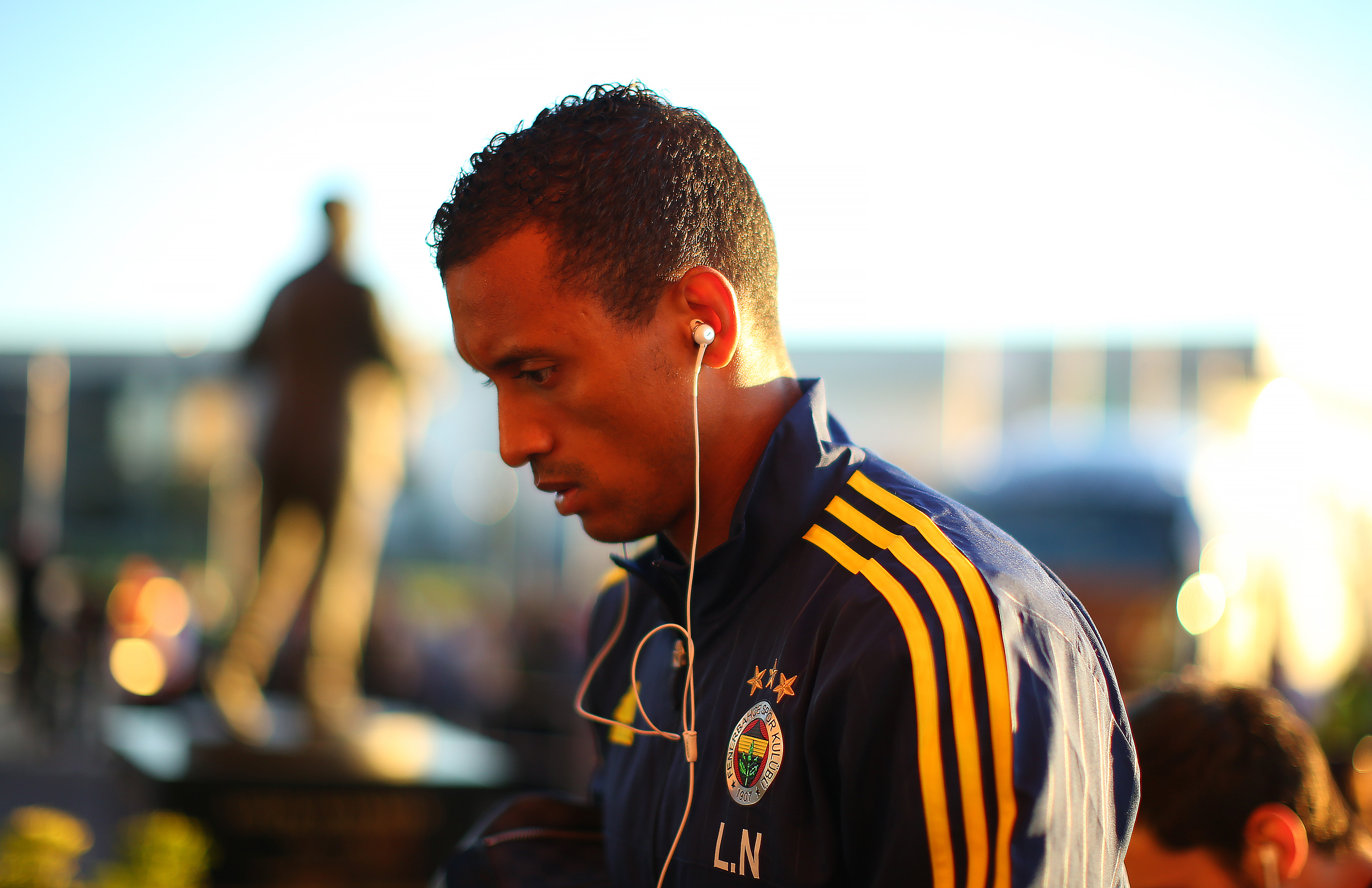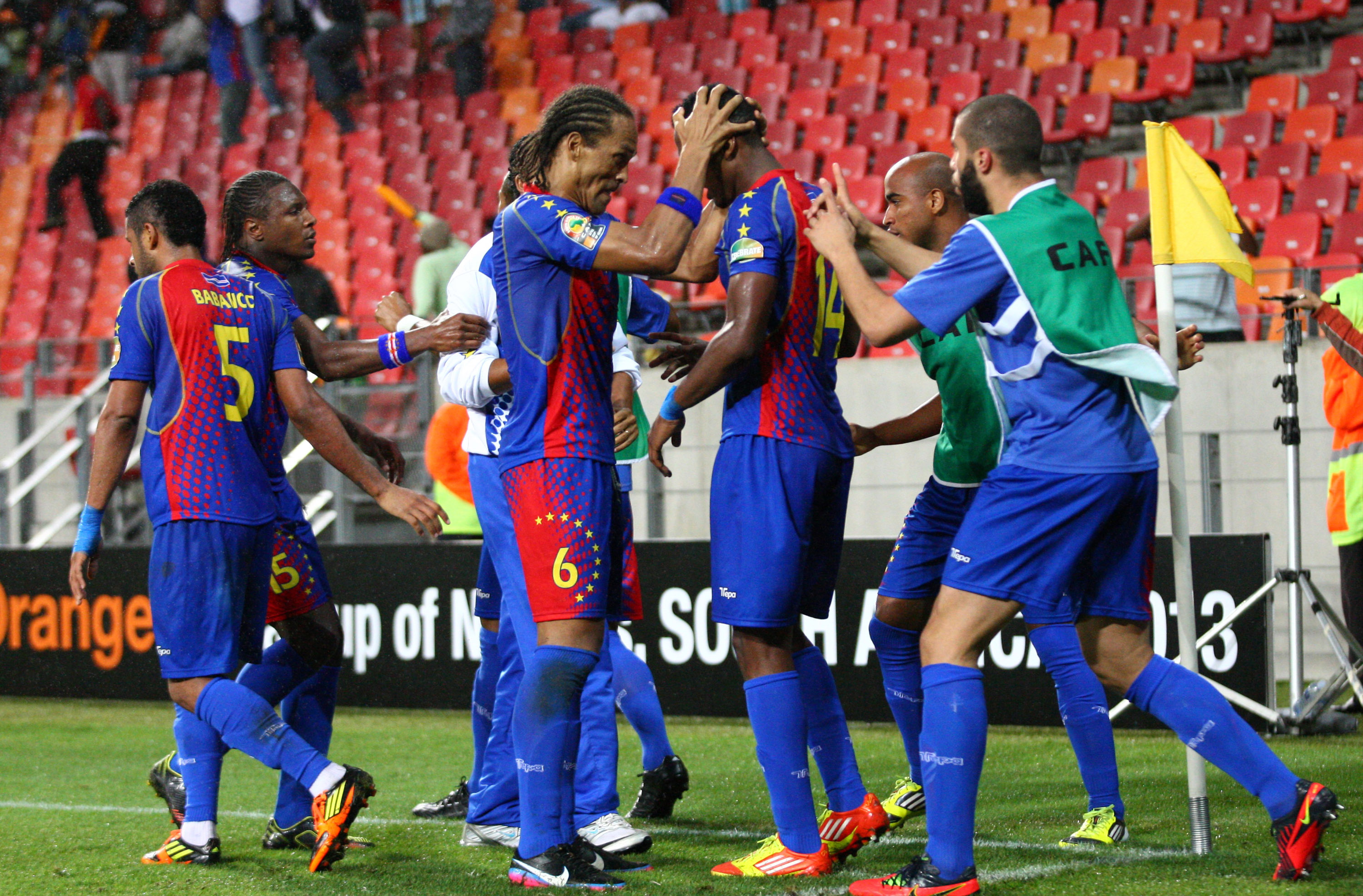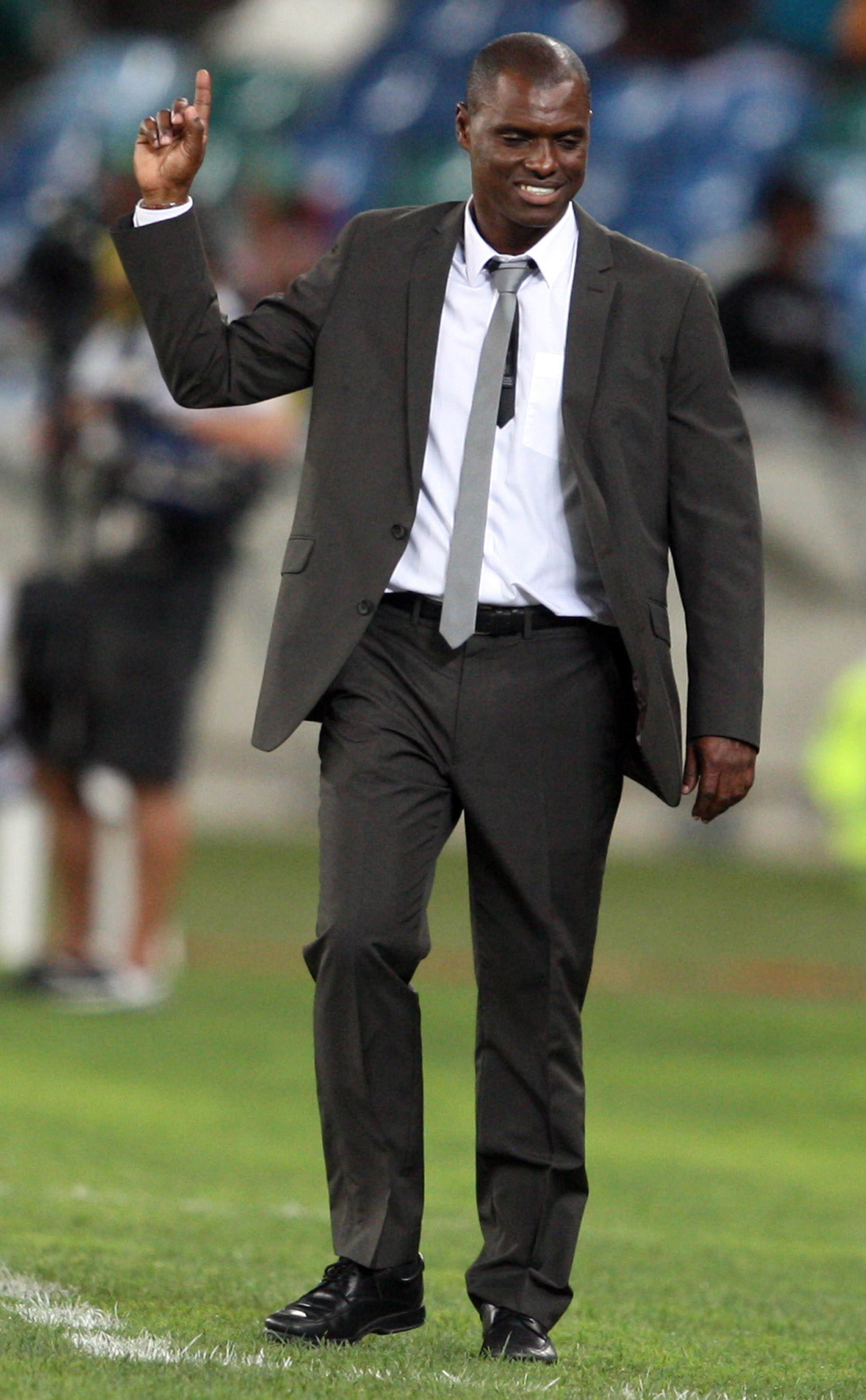Luís Carlos Almeida da Cunha and Praia are two names that may not immediately mean anything to the average person.
But change the former to Nani and the latter to Cape Verde, light bulbs ought to go off – at least for those knowledgeable about football and African geography.

Until recently, Nani, the former Manchester United winger now with Fenerbahçe of Turkey, was Cape Verde’s most famous export to the world of football, and rightly so given his journey from rags to riches.
However, times are changing, and while Nani has slipped from the limelight of mainstream media, the Blue Sharks, the Cape Verdean national team, were recently ranked 31st (the highest placed African team) in the FIFA ranking on March 3, 2016.
This is a remarkable achievement.
For a country with a population of 500,000 people, this is a remarkable achievement, one that suggests that a change of guard in Africa’s best national sides could be on the cards.
Cape Verde have moved to the top of the list of African sides in Fifa's world rankings for March. #CapeVerde pic.twitter.com/Atd7eGGYcW
— Football News 37 (@Football_news37) March 3, 2016
To put this achievement into context, Cape Verde ranked outside the top 100 globally as recently as 2009, which then raises the question: how has a team lacking the calibre of players at the disposal of countries such as Ivory Coast, Ghana and Nigeria, risen to such lofty heights? The narrative sounds all too similar to Leicester, the current leaders of the English Premier League.
At the heart of the meteoric rise of the Blue Sharks was the decision made in the early 2000’s to recruit players of Cape Verdean ancestry from other European countries for the national team. Purists may frown at such a strategy given that some of the players had already represented these European nations at junior level.
Other African sides have also attempted the same strategy.
But can one really blame a country whose total population in the diaspora exceeds the number of residents on its 10-island archipelago? Besides, it should be noted that other African sides have also attempted the same strategy, albeit with varying degrees of success.
For example, in 2007, the Nigerian Football Association attempted to recruit Nedum Onuoha, only to be rebuffed by the then Manchester City defender who had decided to pledge his allegiance to ‘The Three Lions’ of England. Although rather sadly, that decision appears to have backfired, as till date, he is yet to earn a senior England call.
Okay, so the Cape Verdean team were able to increase the pool from which they could pick and call-up players. However, this in itself fails to explain the reasons behind the improvement in the team’s standard of play. One other factor is teamwork.

Even the most enlightened African football enthusiast would struggle to name a handful of the players that constitute the Blue Sharks squad without succumbing to the clutches of Wikipedia.
The 2013 African Cup of Nations (AFCON) that saw them defeat the Indomitable Lions of Cameroon.
The same group of players produced towering performances during the qualification for the 2013 African Cup of Nations (AFCON) that saw them defeat the Indomitable Lions of Cameroon, with its array of superstar names in its squad, including Samuel Eto’o and Alex Song.
A similar team ethic also saw the Chipolopolo of Zambia lift the AFCON trophy in 2012. Led by its captain, Christopher Katongo, the lesser-known Zambian side captured the hearts of viewers (except Ivorian’s of course) by defeating the more fancied Elephants, which had Didier Drogba and the Touré brothers in its team. Football and indeed team sports are filled with many more examples of collective effort triumphing over individual brilliance.
Even though there are occasions where this is not the case – take the example of the 1986 World Cup where the Argentine Diego Maradona single-handedly led his nation to victory. It is fair to say that without his teammates playing the supporting cast impeccably, the ‘little magician’ would not have had the same level of impact that he is remembered for today.

The second factor in Cape Verdes success story has to be the impact of its former coach who led the nation to its maiden AFCON qualification. I was fortunate to have met Antunes on a flight from Dakar to Praia, and you would never have guessed he was the manager of the national side.
Any manager who is fortunate enough to spend time shadowing José Mourinho must definitely know a thing or two.
He was approachable and happy to engage the other football enthusiasts on the flight. He received a lot of praise from fans, which suggests he was equally admired and respected by his players. Any manager who is fortunate enough to spend time shadowing José Mourinho must definitely know a thing or two about the game. We’ll have to wait and see how Cape Verde do in next year’s FIFA ranking.
